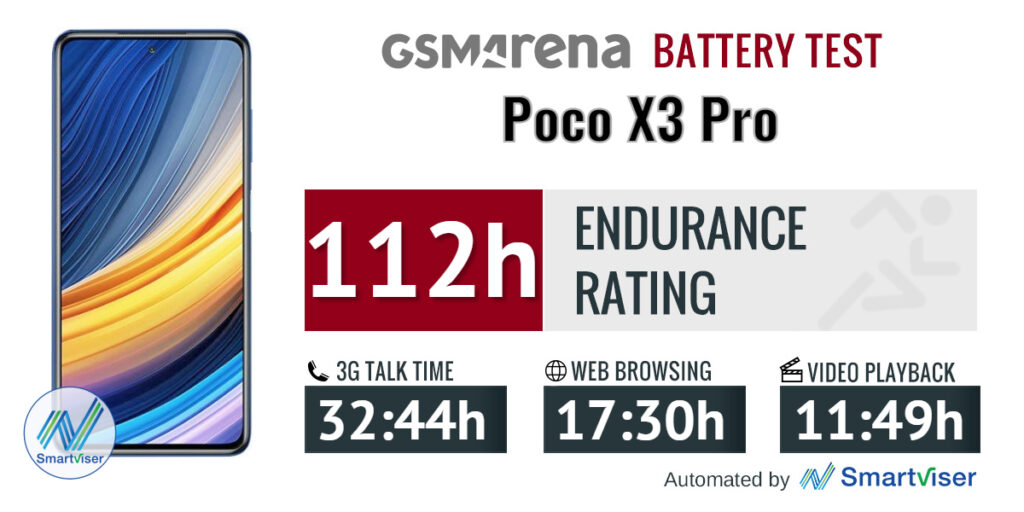SEO’s Undeniable Link To Ranking
Search Engine Optimization can feel so confusing to people. There are so many different terms (RSS feeds, off-site vs. on-site, long-tail keywords, meta-tags, etc.) that make getting a handle on SEO seem like such a daunting endeavor. However, you aren’t the only one. That’s why there are so many affordable website design services out there, such as here at Sharp Tack Media, that can help you take charge of your site’s SEO.
 To help you grasp SEO a little better, we’re here to present to you the 4 basic elements of SEO. They’re as follows:
To help you grasp SEO a little better, we’re here to present to you the 4 basic elements of SEO. They’re as follows:
- Credible backlinks
- Searchability
- Niche-specific title keywords
- High-quality, engaging content
Credible Backlinks
The more high-quality links you have coming to your site from authoritative sites, the better your own site will rank. A good link is one that comes to your site from a site that’s trusted by search engines. What kind of sites are these? Article directories (ezinearticles.com; goarticles.com, etc.), web directories (HotFrog and SiteBeSeen, for example). Generally, you want to get links from blogs with a large number of followers.
To get these links, write and submit articles to the article directories, with a link to your site in the resource box; list your site in the free and paid web directories. Also, get listed in your industry’s professional associations — and even on your local paper and chamber’s directories. As for blogs, offer to write guest posts for blogs you admire. You’ll almost always get to have a link on your guest post back to your site.
Searchability
Keep your Flash, dynamic URLs and JavaScript navigation links to a minimum on — or completely off — your site. These elements can massively slow down how search engine crawlers crawl your site, leading to poorer search engine performance.
Keep your site lightweight, only using images and backgrounds that are large enough to provide the quality you want across ass device types without being too large. It isn’t only users who don’t want a slow-loading site. Search engines also favor sites that load extremely quickly and even just a second of load time difference can greatly affect your site’s ranking.
Niche-Specific Title Keywords
Use relevant keyword phrases for the title of each page of your site. Search engines mostly look at the titles of your web pages to figure out what your site is all about. (The title of your page is located at the top of your browser above your browser’s menu items). Aim to get relevant keywords on each of your page’s titles.
A few minutes of keyword research can make all the difference when it comes to the quality of your title keywords, giving your site all the chances to rank as high as possible.
High-Quality, Engaging Content
Recent studies show that Google is now switching to longer-form content in terms of ranking factors. Instead of using keywords for search results, Google believes that longer search inputs can lead to better answers that searchers are truly looking for. So, does it mean that the battle of the best keywords is over?Not really. What this calls for is a focus on your content.
Remember that you’re content really should be written for people, not search engines. Inform your visitors with worthwhile content, video, discount coupons, free downloads — get them motivated to engage with you and your business. Learn your audience’s love language, this will make them more likely to respond to your content.








